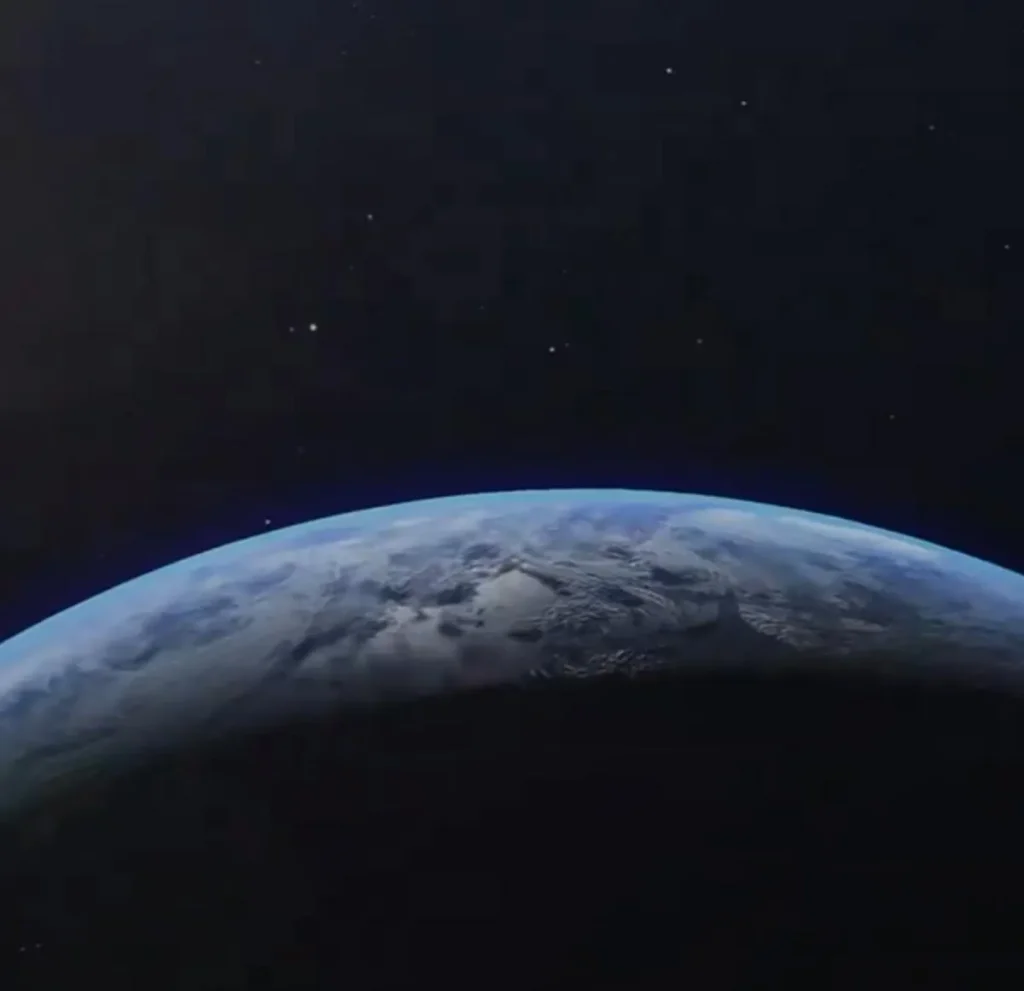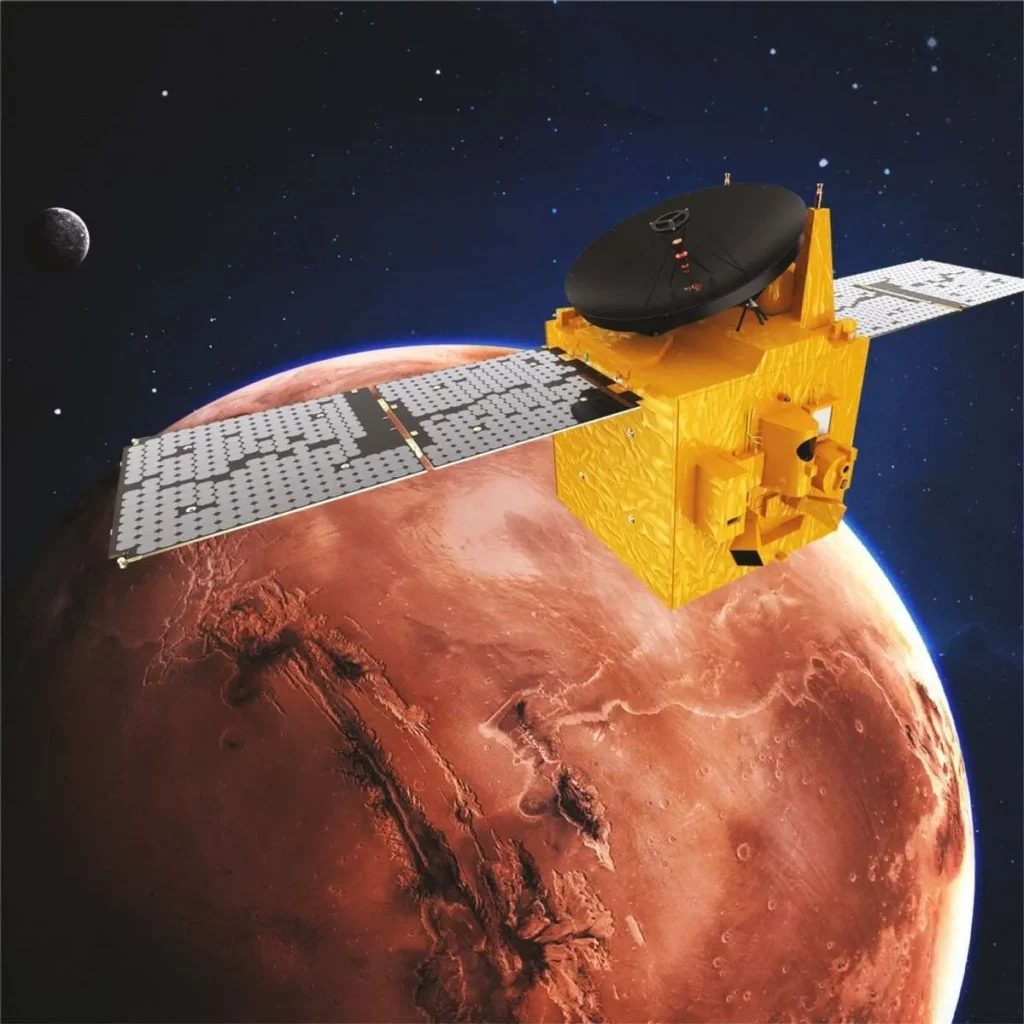Dreaming of testing your ideas in space? This dream is becoming a reality for two selected entities that will send their payloads into space aboard the PHI-2 satellite.

Access to Space for All Initiative
This initiative falls under the ‘Access to Space for All’ program, which aims to give countries and organisations the chance to test their innovations in space.
Selected Entities
The two chosen entities are Madari Space Limited from the UAE and the Technical University of Moldova. Their selection was made by the Mohammed Bin Rashid Space Centre (MBRSC) in collaboration with the UN Office for Outer Space Affairs (UNOOSA).
Madari Space Limited’s Focus
Madari Space’s payload will concentrate on data storage and computing services in low Earth orbit. It will also include systems designed to detect space debris, utilising Artificial Intelligence for enhanced detection capabilities.
Technical University of Moldova’s Objectives

On the other hand, the Technical University of Moldova will use its payload to evaluate a commercial technology aimed at accurately determining satellite positioning in orbit. Additionally, the university will investigate how nanosensors perform in the harsh conditions of space radiation.
Announcement Highlights
The announcement was made by Salem Humaid AlMarri, Director General of MBRSC, and Aarti Holla-Maini, Director of UNOOSA, during the International Astronautical Congress 2024 (IAC 2024). This initiative not only opens doors for innovation but also emphasises the collaborative efforts between nations in advancing space exploration.
